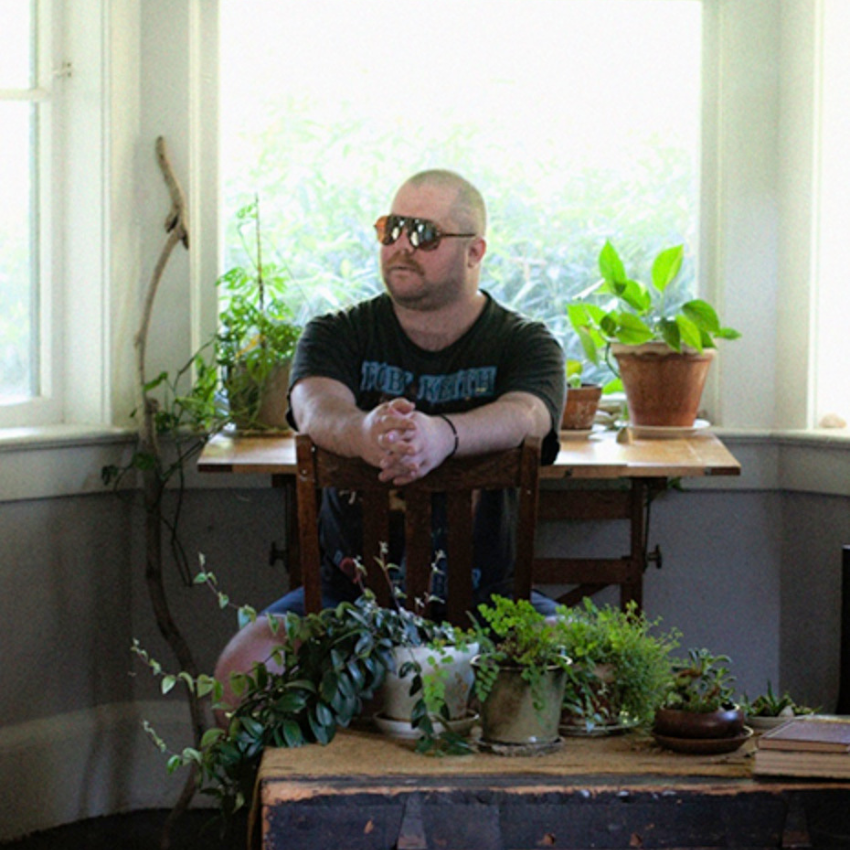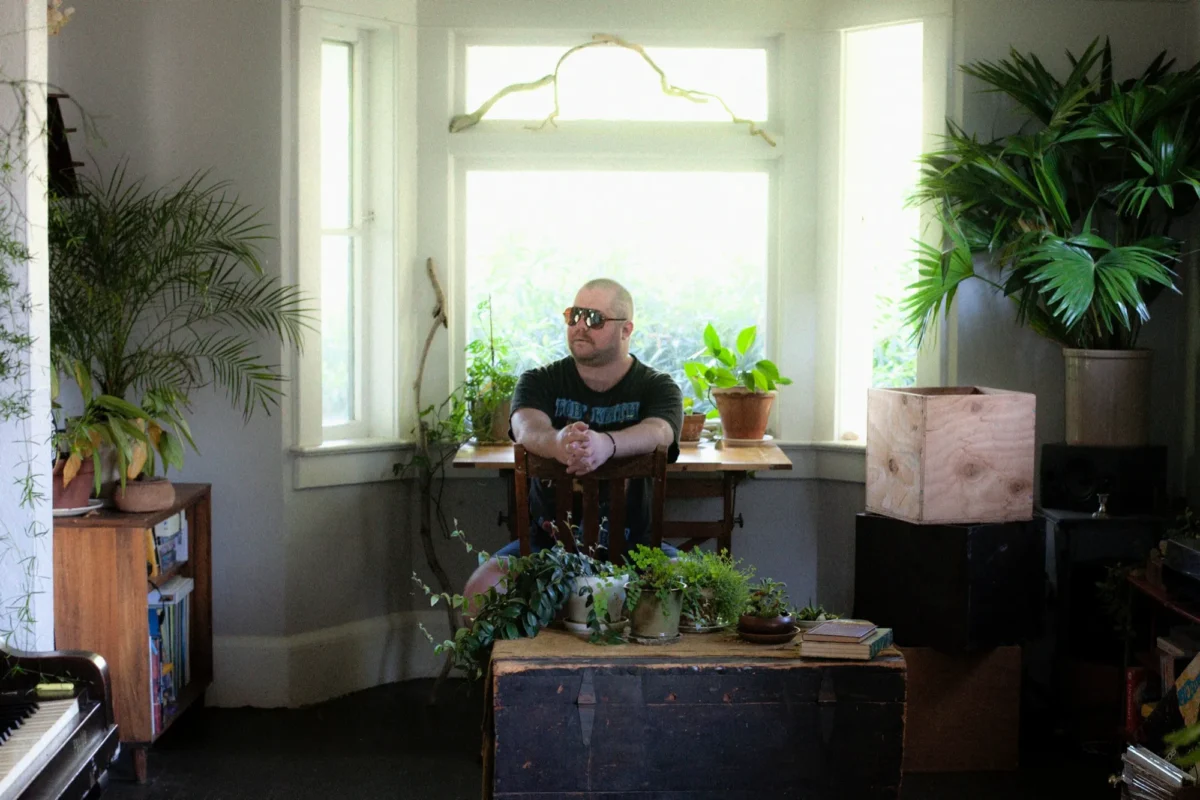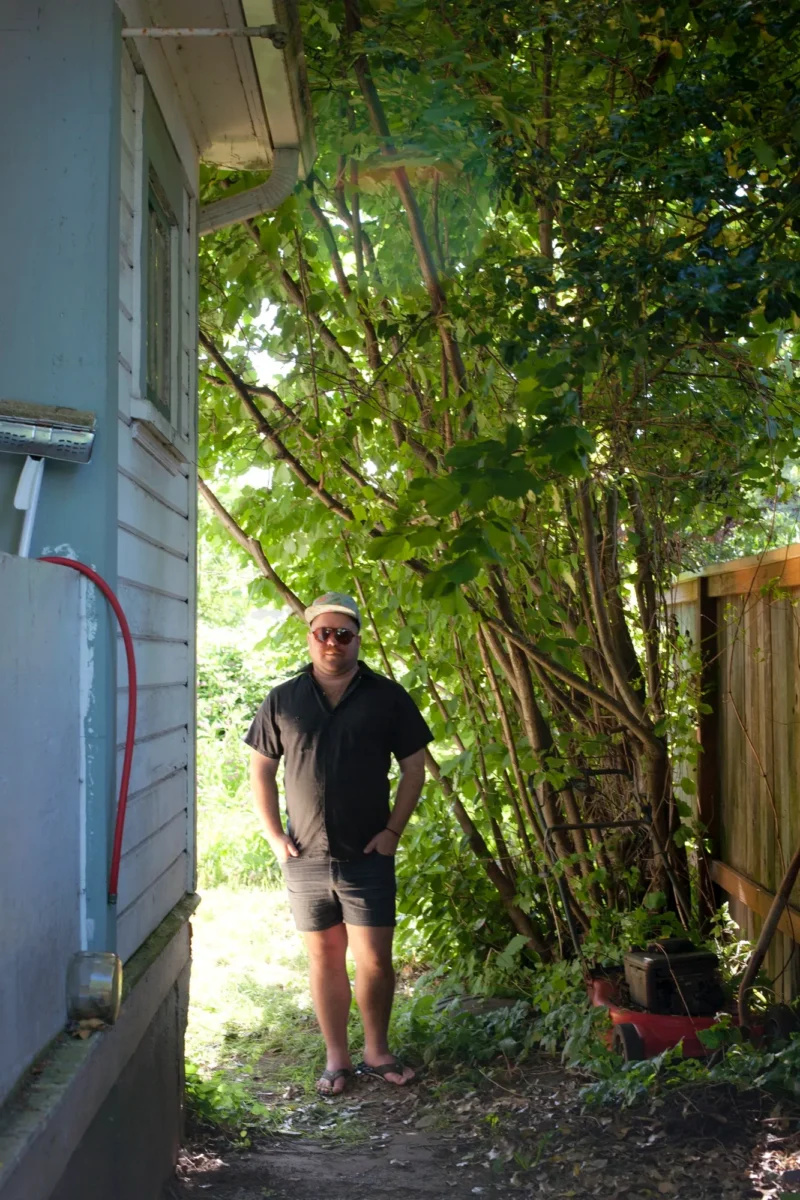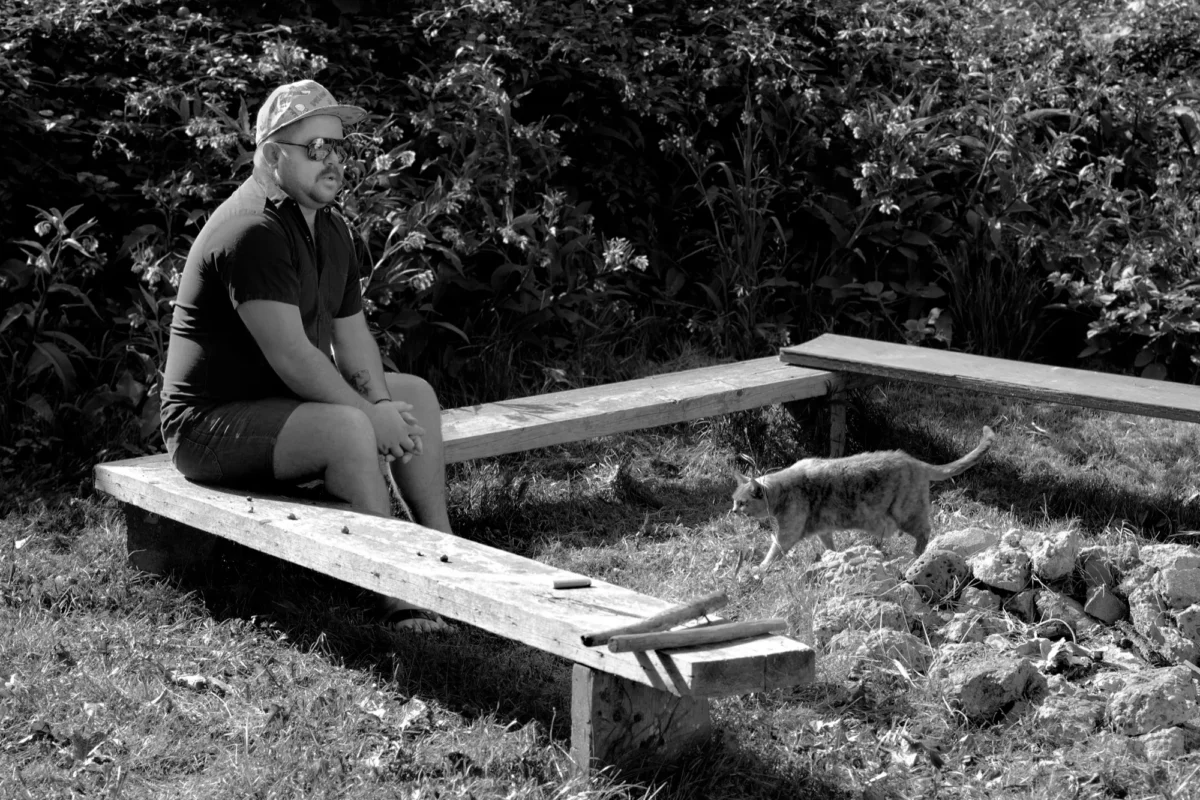Castanets
Biography
Born Raymond Byron Magic Raposa on January 22, 1981, Raposa released six studio albums under his Castanets moniker. All of his LPs were issued by Asthmatic Kitty—the label founded in 1999 by Sufjan Stevens and his stepfather Lowell Brams. Raposa’s debut Castanets LP, 2004’s Cathedral, introduced his spare but intimate song craft; it also achieved critical acclaim within the independent music sphere.
Castanets released five additional full-lengths over the next decade. Raposa’s sophomore album, First Light’s Freeze, arrived in 2005, followed by 2007’s In the Vines. He created his 2008 LP City of Refuge during a three-week period of solitude, recording in a Nevada motel. In 2009, he issued Texas Rose, the Thaw, and the Beasts. In 2011, he worked with Sufjan Stevens to score Kaleo La Belle’s documentary Beyond This Place. His final solo entry as Castanets, Decimation Blues, came out in 2014. In early 2022, Raposa released Bond Wire Cur under the name Raymond Byron.
Raposa’s sound was often described as “alternative country” or “freak-folk,” but his compositions frequently incorporated unlikely instruments for the genre, such as organ, synthesizer, and saxophone. Aquarium Drunkard once referred to Raposa’s beloved debut album as “a powerful work of skeletal folk and dread,” though his work consistently subverted expectations. On the Decimation Blues track “Tell Them Memphis,” for instance, Raposa filtered his gritty twang through a vocoder.
“He was a bright star, a good friend, and a great musician. It was always such a joy and a fierce spiritual journey to work with him. Heavy hearts and deep sorrows over here. Ray, may your soul glimmer brightly on the other side! And may perpetual light shine upon you. I love you.” – Sufjan Stevens
Source: Pitchfork/Madison Bloom
Stream Castanets

Stream Castanets
Listen to Castanets Catalog All Singles/Albums
Listen now on your favorite streaming service.
STREAM CASTANETSVideos
Let's Stay Connected
Get updates on the latest Asthmatic Kitty releases.


